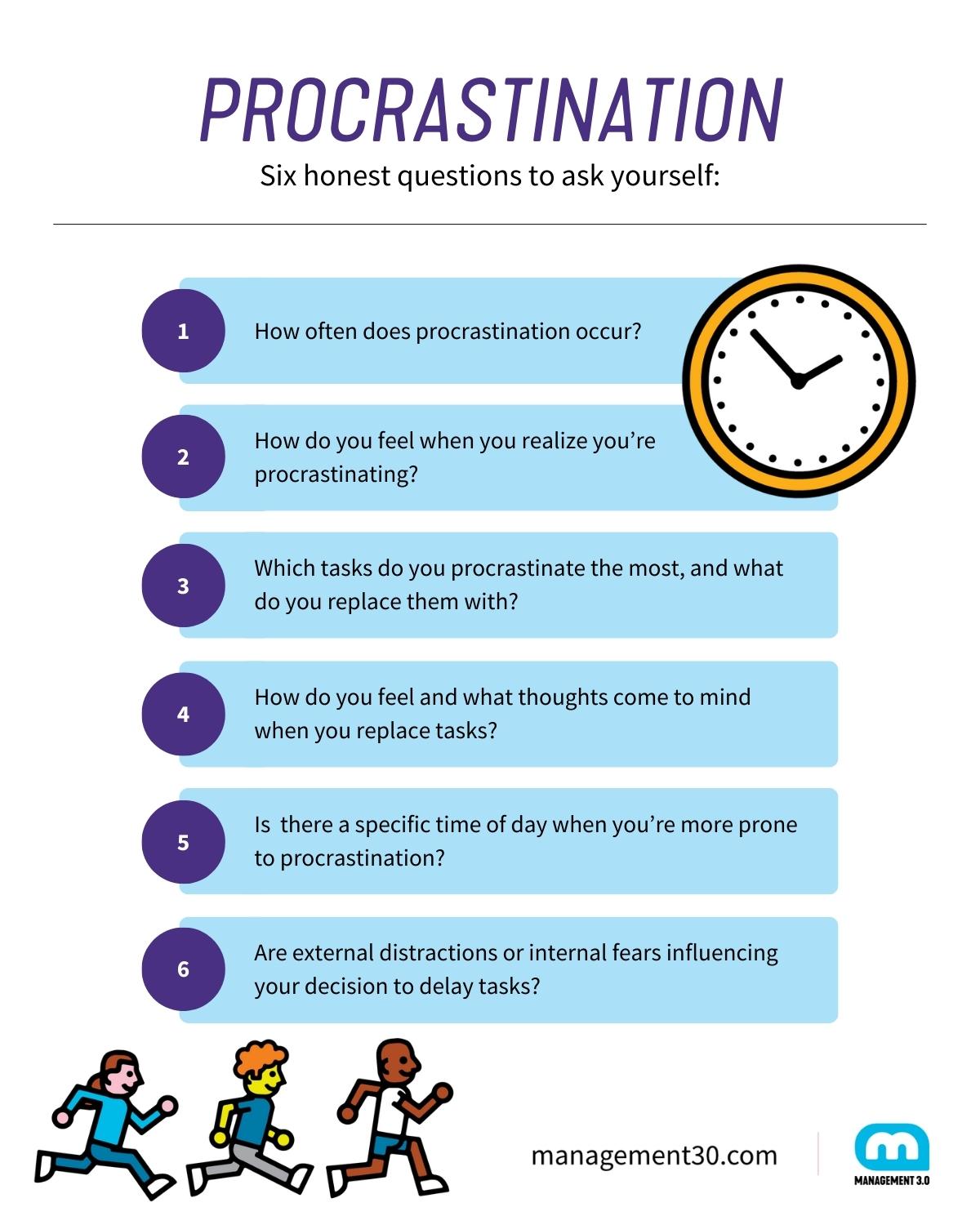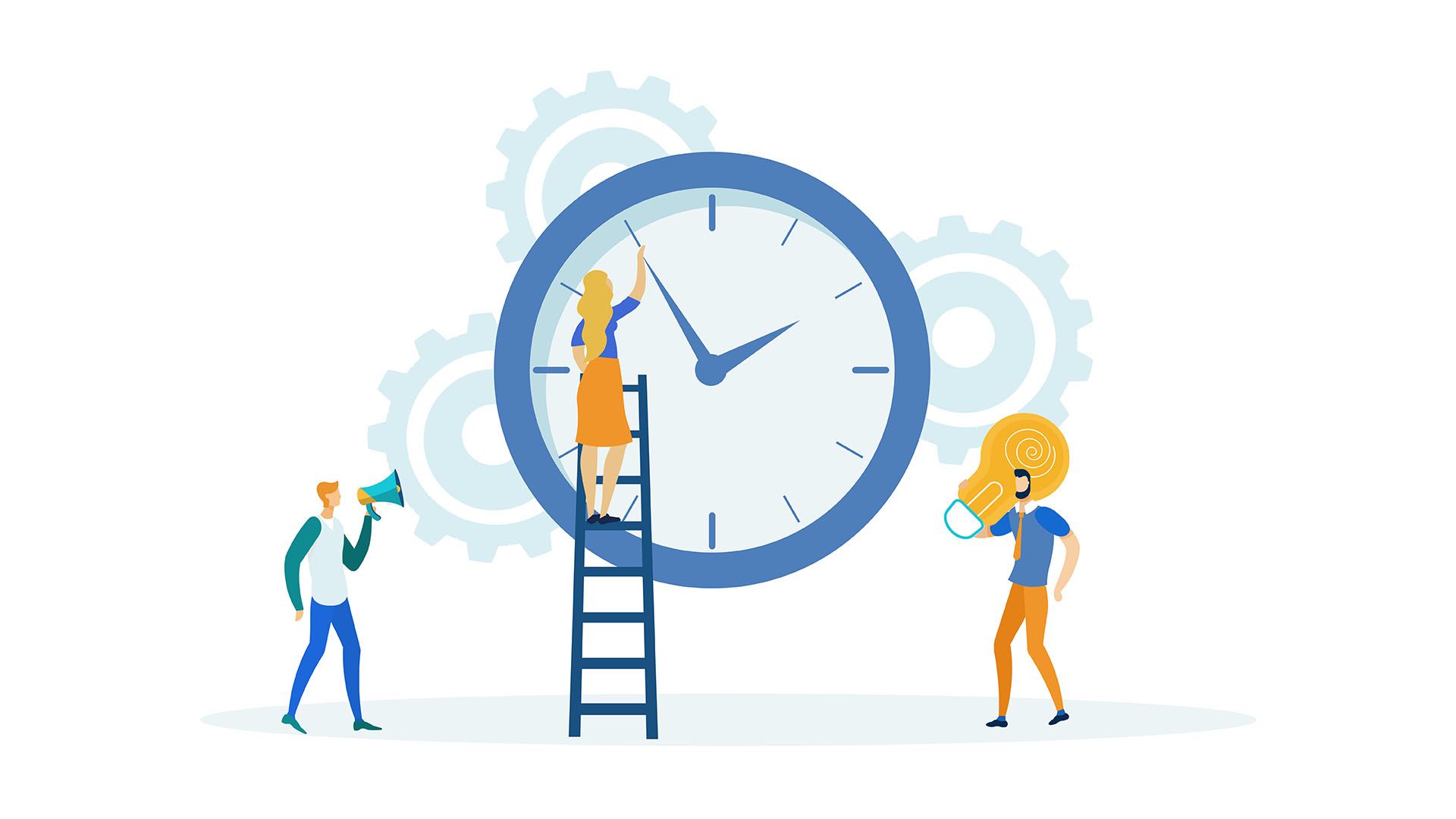Overcoming Procrastination: A Comprehensive Guide to Reclaiming Your Time

Procrastination isn’t just about putting things off—it’s a deeper issue that affects your productivity, self-esteem, and mental health. The good news is that procrastination can be overcome with the right strategies. In this guide, we’ll delve into the causes, consequences, and actionable solutions to help you beat procrastination for good.
What is Procrastination?
Procrastination is the act of delaying tasks that need attention, often in favor of less important or more enjoyable activities. It’s a self-defeating behavior that can lead to missed deadlines, stress, and feelings of guilt.
Common Forms of Procrastination
- Task Avoidance: Skipping high-priority work in favor of less critical activities.
- Perfectionism: Waiting for the “perfect moment” to begin.
- Decision Paralysis: Overthinking choices, delaying action.
Why Do We Procrastinate?

Understanding the root cause of procrastination is the first step in tackling it. Here are some common reasons:
- Fear of Failure
Many procrastinators worry that their efforts won’t meet expectations, leading them to avoid tasks altogether. -
Overwhelm
Large or complex tasks can feel daunting, making it easier to delay starting. -
Lack of Motivation
Without clear goals or rewards, it’s hard to find the drive to complete tasks. -
Time Mismanagement
Poor planning and underestimating time requirements often lead to procrastination.
Pro Tip: Identifying your personal triggers is key to overcoming procrastination.
The Impact of Procrastination
Procrastination isn’t just a bad habit—it can significantly impact your personal and professional life.
Short-Term Effects:
- Increased stress levels.
- Rushed, subpar work.
- Missed opportunities.
Long-Term Consequences:
- Damaged reputation and relationships.
- Lower self-esteem and confidence.
- Reduced productivity over time.
Proven Strategies to Overcome Procrastination
1. Break Tasks into Smaller Steps
Large tasks can feel overwhelming. Break them into manageable chunks to make progress less intimidating.
- Example: Instead of writing an entire report, start with drafting the introduction.
- Use the Pomodoro Technique to focus on 25-minute work intervals followed by short breaks.
2. Set Clear Goals
Specific, measurable goals are more actionable than vague intentions. For example:
– Replace “I’ll start exercising” with “I’ll walk for 20 minutes every morning.”
3. Eliminate Distractions

Your environment plays a crucial role in productivity.
– Turn off notifications on your phone.
– Use apps like Freedom to block distracting websites.
– Create a dedicated workspace free of clutter.
4. Practice Self-Compassion
Being hard on yourself often leads to more procrastination. Acknowledge your setbacks, but focus on progress rather than perfection.
“Don’t let yesterday take up too much of today.” – Will Rogers
5. Use Accountability
Sharing your goals with someone else can provide external motivation.
– Find an accountability partner who will check in on your progress.
– Join online communities or forums, such as Procrastinators Anonymous.
The Role of Time Management
Time management is critical to overcoming procrastination. Effective planning ensures you allocate time for high-priority tasks and avoid last-minute rushes.
Tips for Managing Your Time
- Create a To-Do List: Prioritize tasks using the Eisenhower Matrix.
- Set Deadlines: Even for open-ended tasks, assign deadlines to maintain momentum.
- Review Daily: Assess your progress and adjust your plans accordingly.

Overcoming Perfectionism
One of the biggest contributors to procrastination is perfectionism. The desire for flawless outcomes often prevents people from starting tasks.
How to Let Go of Perfectionism
- Adopt a Growth Mindset: Focus on learning and improvement, not just results.
- Set Realistic Standards: Remember that done is better than perfect.
- Practice Self-Reflection: Ask yourself, “What’s the worst that could happen?”
Tools and Resources
Technology can help you stay organized and motivated.
- Task Management Tools: Use Trello or Asana for project tracking.
- Time Tracking Apps: Apps like Toggl monitor how you spend your time.
- Habit-Building Platforms: Habitica turns goal-setting into a game.
FAQs
What’s the difference between procrastination and laziness?
Procrastination involves delaying tasks despite knowing their importance, often due to underlying fears or lack of focus. Laziness, on the other hand, is a reluctance to act altogether.
Can procrastination ever be beneficial?
While chronic procrastination is harmful, occasional delays can lead to creative problem-solving. This is known as active procrastination, where delaying a task allows for better ideas to emerge.
What’s the best way to stop procrastinating immediately?
Start with a 2-minute rule: Commit to working on the task for just two minutes. Often, this initial action overcomes inertia and leads to further progress.
Final Thoughts
Procrastination is a challenge we all face, but with the right mindset and strategies, it’s possible to overcome it. By taking small, consistent steps and leveraging tools, you can reclaim control over your time and productivity.
“The secret of getting ahead is getting started.” – Mark Twain

Start today—your future self will thank you!

